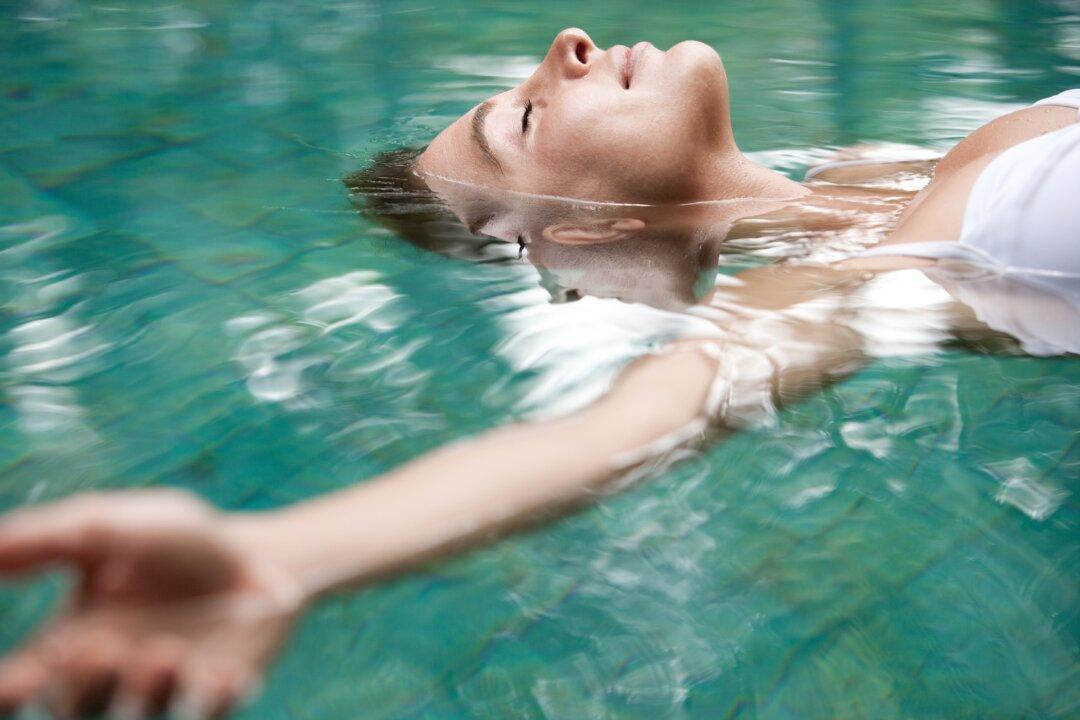Water covers some 70 percent of the globe’s surface. Isak Dinesen, the author of “Out of Africa,” once said, “ the cure for anything is salt water: sweat, tears, the sea.”
Water, fresh or salted, can be nurturing for both the mind and body. Beyond the more familiar physical benefits of being well-hydrated—healthy skin, a stronger immune system, improved gut health, regular bowel movements, and increased energy—there are the mental benefits that include being able to think faster, concentrate better, and experience greater clarity and creativity.





